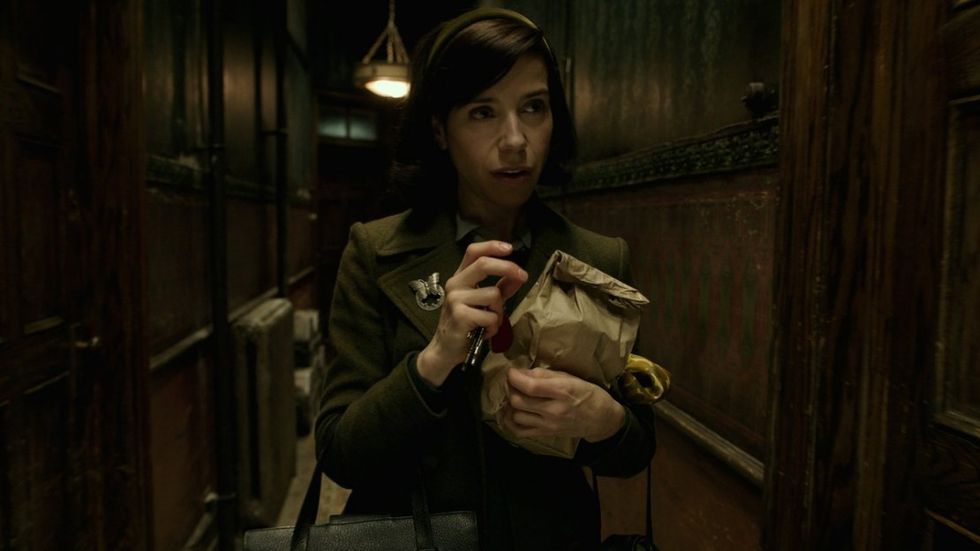What Can Guillermo del Toro Teach Us About Worldbuilding?
Filmmakers are not only storytellers but world builders.

There is a reason why a map of Middle Earth exists, and it's not just because fans of The Lord of the Rings love merch. It's because author J.R.R. Tolkien (and later, director Peter Jackson) managed to create a world that felt so real that its topography could be mapped. (In fact, it was many times by Tolkien himself.) This is what's known as "worldbuilding," the process of creating, or building, an entire narrative world, and it's a crucial skill for filmmakers to have in their arsenal.
Sareesh Sudhakaran of wolfcrow suggests that nobody builds worlds quite like Guillermo del Toro and in this video essay, he not only explores the worlds del Toro has spent his entire career building but explores the techniques he used to build them in hopes that you can employ them your own work as well. Check it out below:
Worldbuilding is hard. I mean, it's fucking hard. Filmmakers like del Toro, Ridley Scott, George Lucas, and Christopher Nolan make it look easy, but it takes tons of planning and replanning, especially if you're building a world from scratch (i.e. an alien planet).
So, what are some basic steps that will help you get started?
Do your research
What kind of world are you building? Where is it located and when? What kinds of beings exist there? Is it like Earth? Are there governments, war, religion, and finance? What does the hierarchy look like? Who's in power and why? What are some important cultural aspects of the world and what happens when someone deviates from them? Those are just a few of the questions that you'll want to be able to answer about your world once you're ready to start writing, but before you can, you'll need to do some research. Study all the varieties of these different aspects of life and the history behind them, because so many different kinds of worlds have already been made; you might as well learn from those who've done it.
Decide on your approach
Are you going to start small and design a tiny corner of your world first or are you going to step back and plan it all out on a larger scale? These are two approaches that could help or hinder your ability to build your world, so make sure that you know how you work specifically. Personally, I like to step back and plan before jumping in, because I don't like to get bogged down by minutiae. Neither one of these, or any others for that matter, are necessarily better than the others. It all depends on what you prefer.

Write what you know
If a surgeon and I each wrote a story about a 48-hour face transplant, they are going to be very, very different. While I may be going off of research and assumptions, the surgeon is going off of actual real-life experiences, so their details and emotional authenticity are probably going to vastly greater. This is why professionals and experienced writers suggest writing about what you know. If you grew up in the Pacific Northwest like me, write about the one carnivore in a family of vegans or a logger getting pinned under a tree trunk in a torrential downpour.
This, of course, is not a rule. There are plenty of storytellers that make it a point not to write about their own experiences in order to explore different cultures, places, and time periods, but the greatest among them write about these things not from a place of ignorance, but from a place of understanding. In other words, if I want to write a story about a 48-hour face transplant, I have to learn enough about them so I'm not misrepresenting that process. And if you try to write a story set in the PNW without mentioning the rain, Jerry Garcia, or Further, expect aging hippies to picket outside the theater.
Care about your world
It's so much easier to write a story and build a world if you care deeply about it. Care about the details and the big picture. Care about how accurate your representations are of cultures, lifestyles, and experiences that aren't your own. Most of all, make sure that your world has plenty of you in it, whether it's your view on politics, religion, or love or your personal experience dealing with different aspects of life.
Who is your favorite world builder? What are some worldbuilding tips that you can share? Let us know down in the comments.
Source: wolfcrow












